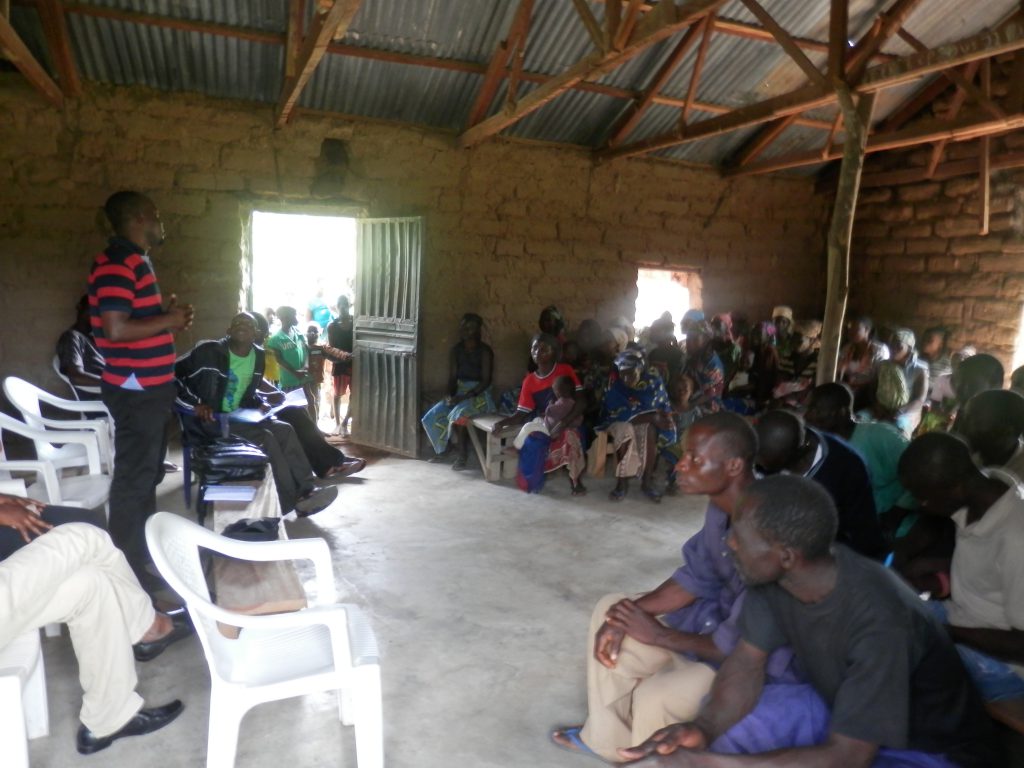Over the years, practitioners who design Climate Change interventions, have continued to adopt approaches that allow community and strategic stakeholders participation to be only an avenue to extract information, rather than allowing for effective participation.
They often follow Rapid Rural Appraisal and Participatory Rural Appraisal approaches which have since been replaced by Participatory Learning and Action (PLA) allowing for effective participation in a development circle, (from project conceptualization to Monitoring and Evaluation).
At MAWA-Foundation, our experience in the field shows that Climate Change interventions do not imbibe community and strategic stakeholders’ participation, rather they are brought in at the middle when the ideas have already been conceptualized. The agenda is birthed and dropped on the stakeholders who know nothing about its origin.
As a result of poor participation by communities and strategic stakeholders the project is designed to serve, implementation becomes a huge challenge. And, this leads to no success and sustainability in Climate Change intervention projects in communities.
We advocate for the adoption of effective community participation in Climate Change intervention projects because the community intervention is designed to serve, will be empowered through participation. And, in the process of learning through participation, members of the community will have a better understanding of the project, and support its implementation. This will no doubt lead to success and sustainability as we have seen on the field. Also, allowing for community participation will increase the effectiveness and efficiency of the project implementation.
We are in a world where trust is rapidly declining. Communities no longer trust Climate Advocates who just storm their area, extract information from them, and walk away. And, this has continued to affect Climate intervention projects across communities, with the Climate Change intervention being the worst hit.
The only way to address the trust deficit among communities and Climate Advocates is effective participation. The kind of participation we are advocating for is the one that will help people to participate together in learning, and then act based on what has been learned, for better wellbeing of the community.
We are particularly concerned about participation in the design and implementation of Climate Change intervention projects because it is the only way to facilitate dialogue and negotiations. You cannot throw ideas communities did not participate in conceptualizing and want a better result from the community. No, it won’t work that way.
Based on our Participatory Learning and Action (PLA) knowledge and experience, we appeal to Climate Change Advocates to allow for effective participation in the design and climate change intervention projects. This is the only way we can achieve effective implementation, success and sustainability.
For us at MAWA-Foundation and for other Climate Change Advocates, participation in Climate Change intervention is most fundamental because it will lead to the following
- Community empowerment
- Increase project effectiveness and efficiency
- Accountability among the community and advocates
- Trust building among community and advocates
- Facilitates dialogue and negotiation among the community, advocates, and governments.

